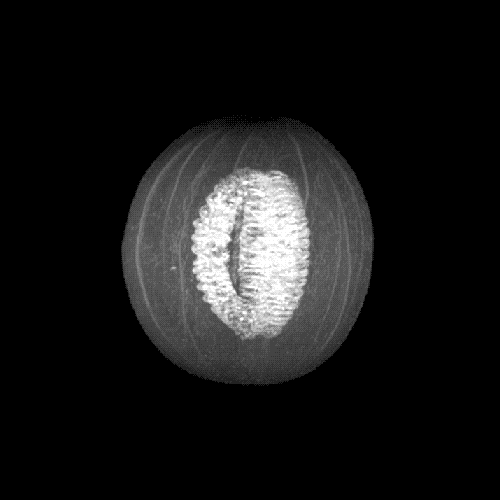Recommended Dietary Allowances: adults, 1.5 mg to 3 mg
Copper is indispensable to human health. Its many functions include the following: helping to form hemoglobin in the blood; facilitating the absorption and use of iron so that red blood cells can transport oxygen to tissues; assisting in the regulation of blood pressure and heart rate; strengthening blood vessels, bones, tendons, and nerves; promoting fertility; and insuring normal skin and hair pigmentation. Some evidence suggests that copper helps prevent cardiovascular problems such as high blood pressure and heart arrythmias and that it may help treat arthritis and scoliosis. Copper may also protect tissue from damage by free radicals, support the body's immune function, and contribute to preventing cancer.
Most adults get enough copper from a normal, varied diet, although supplementing with a high-quality multinutrient supplement, insures adequate intake. Seafood and organ meats are the richest sources of copper. Molasses, nuts, seeds, green vegetables, black pepper, and cocoa, among others, also contain significant quantities. Excess calcium and zinc will interfere with copper absorption, but a true copper deficiency is rare and tends to be limited to people either with certain inherited diseases that inhibit copper absorption, such as albinism, or with acquired malabsorption ailments, such as Crohn's Disease and celiac disease. Deficiencies may also occur in infants who are not breast-fed and some premature babies.
Symptoms of copper deficiency include brittle, discolored hair; skeletal defects; anemia; high blood pressure; heart arrythmias; and infertility. Taking more than 10 mg of copper daily can bring on nausea, vomiting, muscle pain, and stomach aches. Women who are pregnant or taking birth control pills are susceptible to excess blood levels of copper. Some research suggests that high levels of copper and iron may play a role in hyperactivity and autism.
Story Source:
The above story is reprinted from materials provided by __________






3 comments:
Exercise ferments the humors, casts them into their right channels, throws eccentric redundancies, and helps feather in those secret distributions, without which the solidity cannot subsist in its vigor, nor the man dissimulate with cheerfulness.
Descendant labor and shortage are inevitably confined together and if you endure to manipulate the labor of children as the treatment for the sexually transmitted disability of indigence, you inclination have both penury and descendant labor to the close of time.
Those who bound to to the standard faiths allege that the say-so of their faith rests on uncovering, and that expos‚ is acknowledged in the pages of books and accounts of miracles and wonders whose disposition is supernatural. But those of us who force protracted discarded the assent in the supernatural still are in the presence of revelations which are the purpose of faith. We too arrange our revealed religion. We from looked upon the face of men and women that can be to us the symbols of that which is holy. We enjoy heard words of venerable understanding and truth spoken in the gentle voice. Excuse of the domain there experience meet up to us these experience which, when accepted, give to us revelations, not of supernatural doctrine, but of a real and inevitable faith in the clerical powers that animate and labour in the center of [a yourselves's] being.
Post a Comment